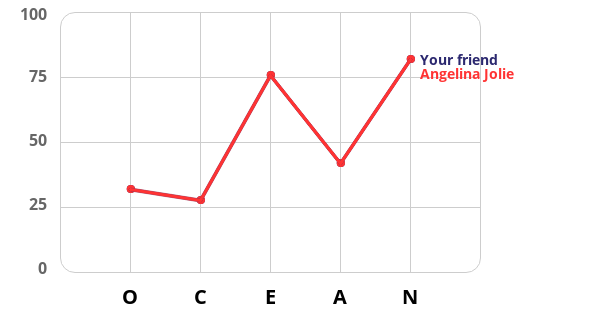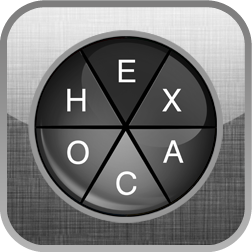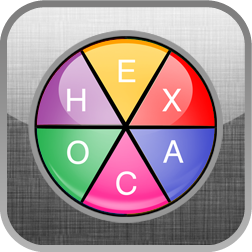Big Five Movie Star Test
You are here because one of your friends linked you to his or her Big Five Movie Star Test result.
Take the testYour friend is the most like:
Angelina Jolie


Compared to the general population, your friend is:
- Below average on Openness
- Low on Conscientiousness
- High on Extroversion
- Below average on Agreeableness
- High on Neuroticism
According to scientific data compiled by the Ph.D.s Dana R. Carney, John T. Jost, Samuel D. Gosling, and Jeff Porter, your friend's scores indicate that he or she is:
- Practical, realistic.
- Likely to use more pauses in their speech than the average person.
- Spontaneous, impulsive, and quick to improvise.
- Adaptive, flexible, good at thinking on their feet.
- Likely to use more hand movements and gesticulations in a conversation than the average person.
- Expressive.
- Active, assertive, energetic.
- Tense, concerned, worrisome.
According to Geoffrey Miller, professor of psychology at the University of New Mexico, these slogans are likely to describe your friend's personality and outlook on life:
- "Gun control means using both hands."
- "If God didn't want us to eat animals, he wouldn't have made them out of meat."
- "Arugula is a weed, not a vegetable."
- "Live every day to its full."
- "A clean house is the sign of a wasted life."
- "Better to be a failure at something you love than a success at something you hate."
- "Drive it like you stole it."
- "A stripper is a great last-minute gift idea."
- "Adrenaline is my drug of choice."
- "My cult following is now accepting applications."
- "Tell me, what is this bright side of life that you speak of?"
- "Carefree sleep is a dream; a distant rumor."
According to a study done by the Ph.D.s Dana R. Carney, John T. Jost, Samuel D. Gosling, and Jeff Potter, your friend's scores indicate that he or she is:
- Amazingly, their personality is simply too smooth and well-rounded for this study to be able to say anything about them.
According to peer-reviewed studies from Texas AM University (US), Pepperdine University (US), Cambridge University (UK), and Sejong University (Korea), your friend's scores indicate that he or she is:
- More likely than the average person to want their political representatives to stick to their guns and fight for their issues as opposed to seeking compromises and curbing their solutions.
- More likely than the average person to judge people by their actions, rather than by their words.
- More likely than the average person to have had a favorable view of the 2003 American invasion of Iraq.
- Less likely than the average person to care about the ambience of a hotel where they are staying, being more concerned with its quality and service.
- Less likely than the average person to buy something unexpected and fun that they stumbled across while shopping.
- More spontaneous, improvising, and supple than the average person.
- Less in favor of using military action to solve foreign policy disputes than the average person.
- More likely than the average person to cheat on their homework and exams.
- More likely than the average person to treat themselves to a little extra luxurious something when shopping.
- More energetic and quicker to act than the average person.
- Someone who reads more newspapers and who follows the news more closely than the average person.
- More likely than the average person to enlist their friends and acquaintances to get behind the political issues they support.
- More concerned than the average person with how they are perceived in the eyes of others.
- More likely than the average person to have a favorable view of labor unions.
- More alert to threats in their environment than the average person.
- Likely to be worse at performing under pressure than the average person. (So they should take care of themselves.)
According to a scientific study done by the Ph.D.s Gokul Chittaranjan, Jan Blom, and Daniel Gatica-Perez, your friend's scores indicate that if he or she own a smartphone he or she is:
- Likely to spend more time texting than the average person.
- Likely to receive more calls on their phone than the average person.
- More likely to use internet apps on their smartphone than the average person.
- More likely to use entertainment apps (like games, audio, and video) on their smartphone than the average person.
- Likely to spend more time emailing (as opposed to calling) from their smartphone than the average person.
Take Next
GET THE FULL STORY
Become a lifetime member with a one-time payment
WHAT YOU GET
Access to members-only tests
Ability to track and save test results
Access to all of our eBooks (value $44.94)
Access to premium type assessments and infographics
Become a memberSave and monitor your results over time
Become a member today
Sign Up











